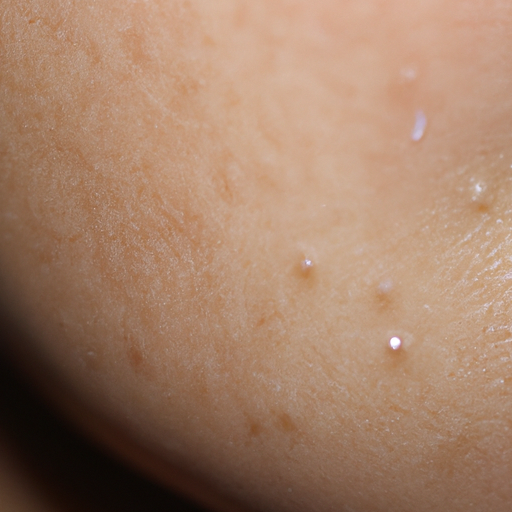As a dermatologist, I often encounter patients who are troubled by oily skin. The excess oil on the surface of the skin leads to a shiny or greasy appearance, which can be frustrating for many. However, oily skin is not an insurmountable problem. With the right skincare routine and lifestyle changes, you can significantly reduce skin oiliness and reveal a radiant complexion. Here are eight essential tips to banish oily skin forever.
1. Cleanse Regularly: The first step in managing oily skin is regular cleansing. Use a gentle, oil-free cleanser twice a day to remove excess oil and dirt from your skin. Avoid harsh soaps or products that can strip your skin of its natural oils, as this can cause your skin to produce even more oil in response.
2. Exfoliate: Exfoliation helps remove dead skin cells that can clog pores and increase oil production. However, it’s important not to overdo it. Over-exfoliating can irritate your skin and trigger more oil production. Aim for once or twice a week with a gentle, non-abrasive exfoliant.
3. Hydrate: Many people with oily skin skip moisturizer, thinking it will make their skin oilier. However, when your skin is dehydrated, it compensates by producing more oil. Use a lightweight, oil-free moisturizer daily to keep your skin hydrated.
4. Use Non-Comedogenic Products: Non-comedogenic products are designed not to clog pores, which can help prevent the buildup of oil. Look for makeup, sunscreen, and skincare products labeled as non-comedogenic.
5. Eat a Balanced Diet: Your diet plays a significant role in your skin health. Consuming too many oily or processed foods can exacerbate oily skin. Incorporate more fruits, vegetables, and lean proteins into your diet for healthier skin.
6. Stay Hydrated: Drinking plenty of water helps keep your skin hydrated from the inside out, which can help regulate oil production. Aim for at least eight glasses of water a day.
7. Limit Sun Exposure: Sun damage can trigger your skin to produce more oil. Protect your skin by wearing a broad-spectrum sunscreen with an SPF of at least 30 every day, even on cloudy days.
8. Consult a Dermatologist: If you’re struggling with oily skin despite your best efforts, it may be time to consult a dermatologist. We can provide personalized advice and treatment options, such as topical retinoids or oral medications, to help manage oily skin.
Remember, everyone’s skin is unique, and what works for one person may not work for another. It may take some trial and error to find the right products and routine for your skin. Be patient with the process and don’t be discouraged if you don’t see immediate results.
Oily skin is not a curse; it’s just a skin type that needs a little extra care. With the right approach, you can reduce excess oil, prevent breakouts, and reveal a radiant, healthy complexion. So unmask your radiance and embrace the skin you’re in.



